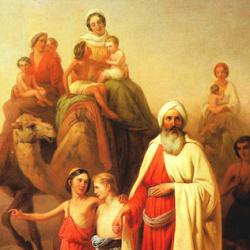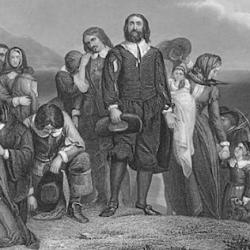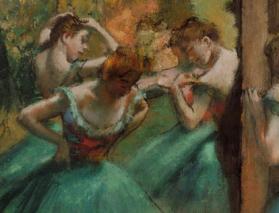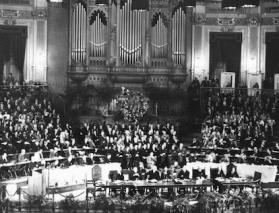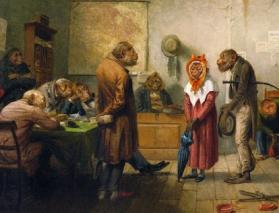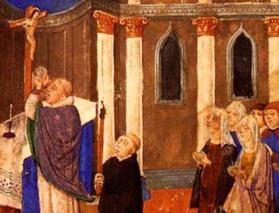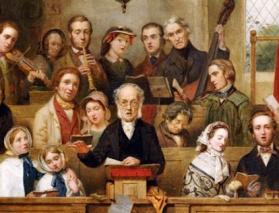The following is an excerpt from my commentary on 1-2 Samuel, A Son To Me. Saul was rejected from being king before the battle of Michmash (1 Samuel 13-14), but a replacement was immediately introduced, his son Jonathan. Just as Eli was replaced by his “son” Samuel and just as Samuel was replaced by his “son” Saul, so now fallen Saul was to be replaced by his son. And Jonathan was a worthy candidate: Bold and aggressive as a warrior,... Read more


